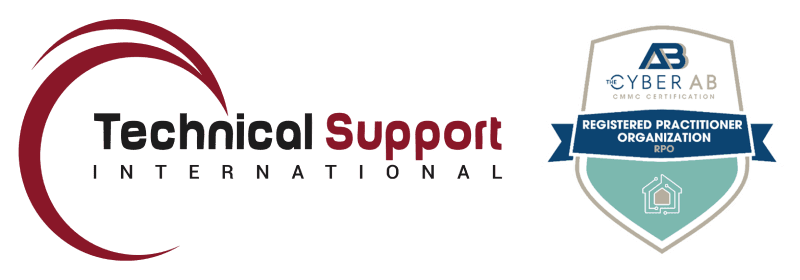Blog

3 Tips to Ensure Smooth Azure Cloud Migration
Microsoft Azure is a cloud computing platform, among many functionalities Azure delivers solid recovery and replication services to ensure business continuity. But before implementing Azure for your organization, we recommend a few simple tips to making the process that much smoother…
Develop an Implementation Roadmap
When it comes to implementing a new cloud computing platform like Azure, it is important to consider which workloads are the most appropriate to move to the cloud. Services like email hosting in the cloud has proven to have a much higher value in reducing server power, as well as storage and backup infrastructure needs. Build a strategy that also considers data sensitivity, performance, speed, and access to information.

To reduce confusion, set a migration timeline of the data and applications being transitioned, and share this information with your staff to reduce potential confusion of where information/tools will be located.
Establish Cloud Governance & Security
One of the less common topics of discussion surrounds what happens after all your data is in the cloud. Securing data revolves around who can access it, how it is secured, and how long it is kept.
Governing access to ensure only the right people have access to the right information at the right time should be a top priority. We recommend the least amount of privilege access model by default, then granting access to only set of users that require it. Controlling access and permissions will allow you to flag content open to all, and limit the exposure of highly sensitive information.
Encryption not just in the cloud, but when stored locally and during transmission to/from the cloud are all important. You can also consider implementing selective encryption which provides an extra layer of protection by encrypting sub-sets of data, such as personal identifiable information. This way, content remains encrypted no matter how it is shared, requiring a decryption key that is only in the possession of the document owner to gain access.

With the amount of sheer data an average organization retains these days, it is necessary to develop an information retention policy. This is especially important for certain industries like Legal, Healthcare, and Financial institutions where there are requirements to destroy or delete documents after the conclusion of a project.
Partner with a Trusted Managed Service Provider
Migration to Azure is not an easy endeavor, in fact a survey conducted by NetEnrich found that out of 80 respondents, nearly 67% said they were ‘very likely’ to enlist the services of a Managed Service Provider (MSP) in the next year. This shift could likely be attributed to the interconnection of Azure with other Microsoft products, such as Office 365, which is quickly saturating the market as older Microsoft Office products reach their end of support lifecycle.

Partnering with a trusted MSP can help make the transition infinitely easier. An MSP like TSI can leverage their expertise and resources which most businesses do not have access to. Learn how we can help meet your needs with award-winning service & dedication, Contact Us today!
Confident with Your IT Strategy?
If you found the information in this blog post helpful and you'd like to discuss your business' technology strategy, then we'd be happy to hear from you.
Categories
- Backup & Disaster Recovery
- Business Operations
- Case Studies
- Cloud Services
- Cyber Security
- Employee Spotlight
- Finance & Budgeting
- Glossary Term
- Governance & IT Compliance
- Managed Services
- Mobile Device Management
- Network Infrastructure
- NIST 800-171 & CMMC 2.0
- PCI
- Podcast
- Project Management
- TSI
- Uncategorized
- vCIO
Cyber Security Policy Starter Kit:
10 Critical Policies That Every Company Should Have in Place


